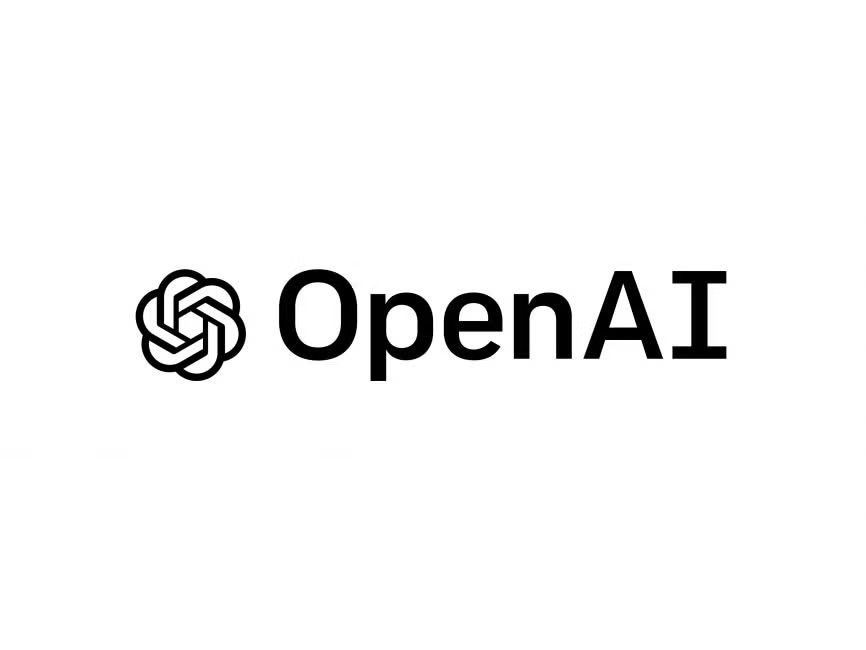
OpenAI is making significant strides in the realm of consumer hardware, collaborating with former Apple designer Jony Ive on an innovative hardware project. The company’s CEO, Sam Altman, envisions a future where AI-powered consumer devices become commonplace, aided by partnerships with various technology firms. This venture reflects OpenAI’s commitment to expanding its capabilities beyond software and into the hardware domain.
The startup’s aspirations include the development of custom chips designed to efficiently run its advanced AI models. OpenAI has reportedly established a division dedicated to co-designing chip components, with plans to collaborate with semiconductor giants Broadcom and TSMC. The aim is to bring a custom chip to market as early as 2026, potentially revolutionizing how artificial intelligence is integrated into everyday products.
Exploration in Robotics and Quantum Computing
In tandem with these efforts, OpenAI is testing robots that may take on humanoid forms. These robots are expected to be powered by custom sensors and AI technology, showcasing the company’s potential to create machines with human-like intelligence. To lead this robotics initiative, OpenAI has recruited a new team headed by Caitlin Kalinowski, who joined the startup in November to focus on hardware development.
OpenAI’s technical team boasts expertise from various fields, including a former quantum systems architect from the quantum computing startup PsiQuantum. The company is keenly exploring the application of quantum computing as a means to enhance AI model performance. By leveraging this cutting-edge technology, OpenAI aims to optimize the training processes for its models, potentially yielding faster and more efficient outcomes.
As part of its expansion into hardware, OpenAI has filed a new application with the U.S. Patent and Trademark Office (USPTO) to trademark products associated with its brand. This move suggests that OpenAI is preparing for a broader market presence in the consumer electronics sector. However, Altman cautioned that it may take “several years” to develop even a prototype of their AI devices.
The combination of custom AI chips, innovative sensors, and insights from quantum computing sets OpenAI on a path toward creating advanced robotics capable of real-world applications. The company’s long-term vision includes not only enhancing existing technologies but also exploring new frontiers in machine intelligence.
Author’s Opinion
OpenAI’s foray into consumer hardware underlines its ambition to not just participate in but significantly shape the future of AI integration into everyday life. Collaborating with high-profile industry figures like Jony Ive and pushing the envelope in chip and robotics development exemplifies a bold stride towards realizing these ambitions. If successful, OpenAI could very well set new industry standards for how AI is utilized in consumer technology.
Featured image credit: Gemma Ryles via Trusted Reviews
Follow us for more breaking news on DMR
